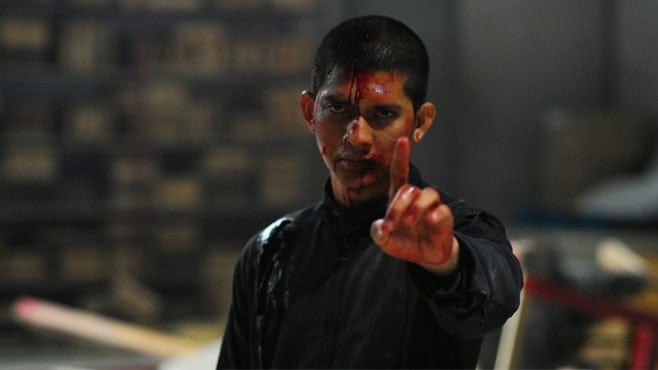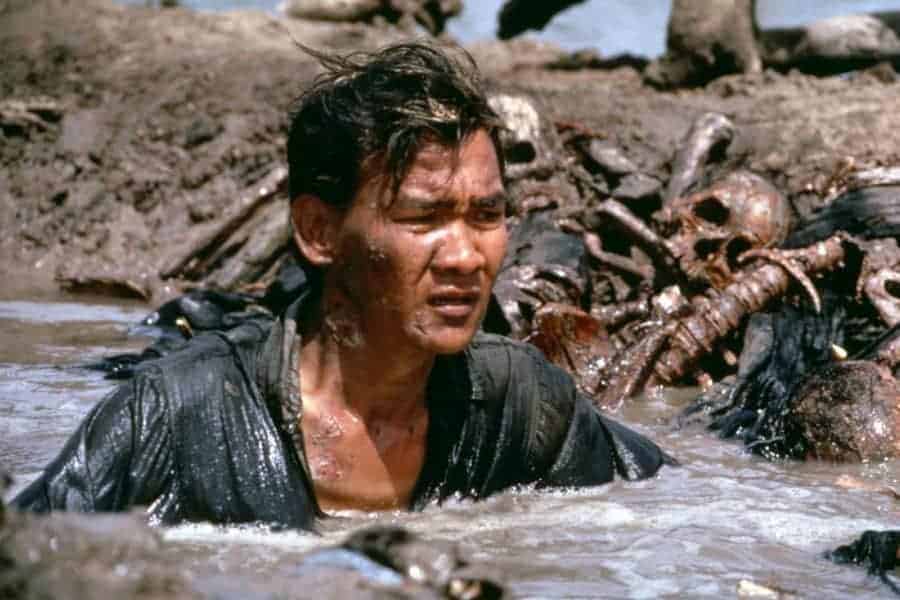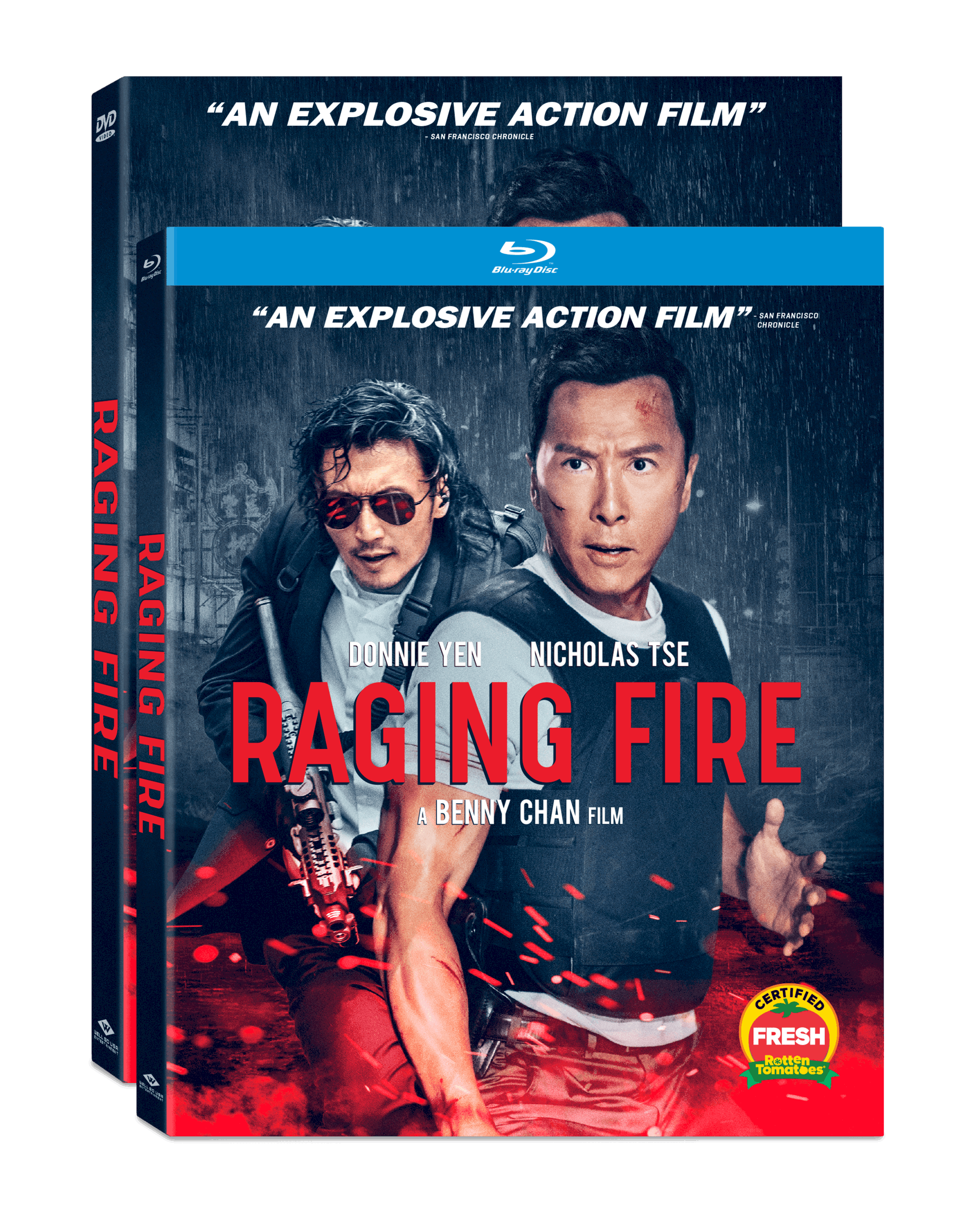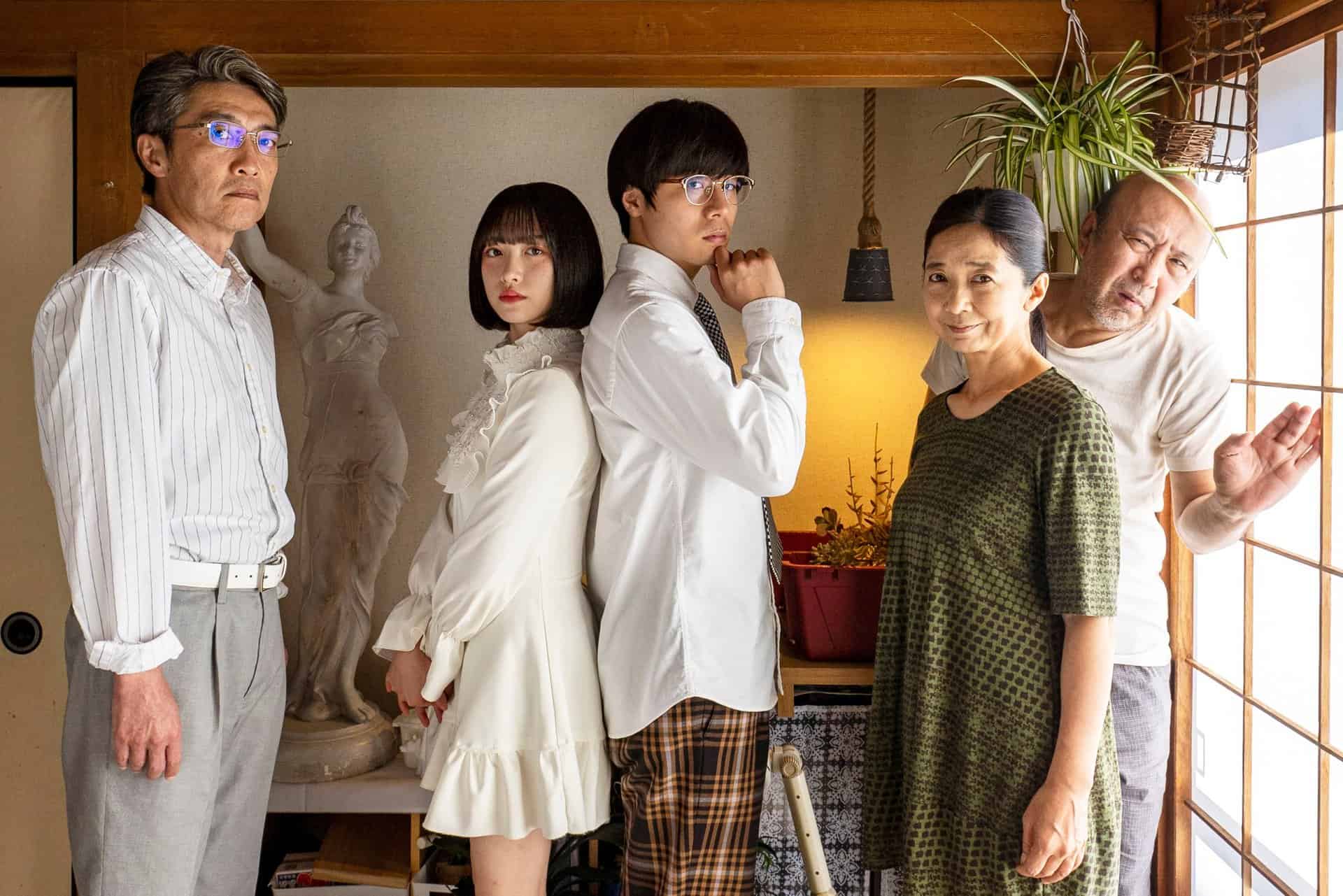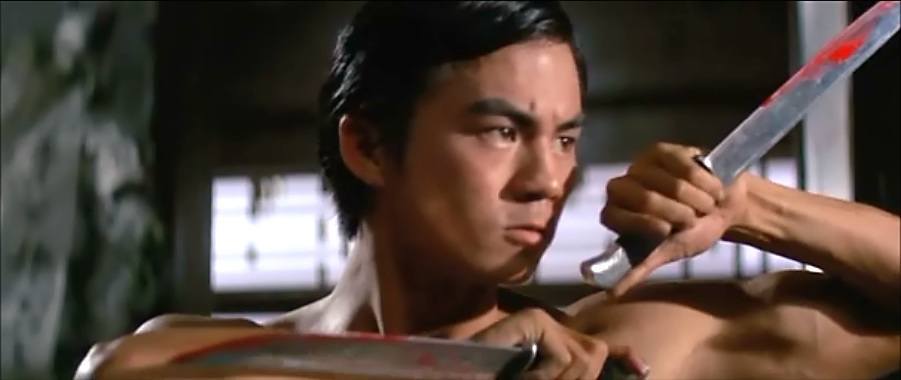Tatsushi Omori – born in 1970 in Tokyo, made his directional debut with “The Whispering of the Gods” (2005). His following feature, “A Crowd of Three” (2010) was shown in the Berlin International Film Festival's Forum section, and was officially selected at the Hong Kong International Film Festival. “The Ravine of Goodbye” (2013) won the Special Jury Prize at the Moscow International Film Festival.
“Taro the Fool” – following the outlaw movie tradition, “Taro the Fool” depicts three boys living outside the norms of society. Taro has never been to school. Running with a pair of fellow misfits, his carefree life begins moving in a deadly direction. Using vivid imagery, director Tatsushi Omori brings to life his original script, exploring child neglect and the social exclusion of people with disabilities in Japan.

Would you agree with the statement that human being is evil by nature and the goodness is merely a state when the evil temporarily does not exist?
Tough question – I wouldn't think like that, I suppose. Many people from Europe actually interpret my movies as a battle between good and evil; however my view on religion is not monotheistic, neither manichaeistic. Christianity, for example, draws a fine line between good and evil, but as for me I would rather ask what brings us happiness, what brings us despair, what is of greater or lower importance in our lives.
Japanese often confess frankly that they are atheists. However, in your movies Christian symbols are ubiquitous. Even in such details as hanging cross in a car in “Taro the Fool“.
Might be really a coincidence. I have to admit that I couldn't pierce through the European system of thinking, although I absolutely do not deny it. Yet, I must admit that I often feel unease when being in touch with it. As for my own standpoint on the matters of life and death, I am much closer to animism.

Nowadays in Europe, certain governmental institutions, playwriters or film directors tend to use Christianity as a political tool. For instance, the infamous Oliver Frljić who directed anti-establishment “The Curse” at Teatr Powszechny in Warsaw –poignant criticism on bigotry and obscenity in Vatican. When I was watching your debut, “Whispering of the Gods”, I thought it could similarly cause a major scandal in Poland, being actually read in a very political way.
That story takes the cake! In Japan we have the famous photographer Nobuyoshi Araki who is our chief scandalist. My father – Akaji Maro gave me once a strong reprimand that I'm losing against Araki! Japan is growing right-wing under the Liberal Democratic Party of Japan – I think that political awareness and activity are both very important.
And so your new film “Taro the Fool”, which is in fact a dystopian parable, might be also read as a social critique of modern Japan.
Actually, that was one of my goals. “Taro the Fool” might feel to be similar in some parts to “Joker”, however I don't really like Todd Phillips's movie. And I will tell you why. Because it's over-rationalized, merely a logical construction that gives no space for the audience to think. The viewer has to have a part to digest himself, so I decided to put the stress on the feeling, which is – I will underline once more – very animistic. In “Taro the Fool” I wanted to go beyond the trio of characters and show how Japan looks like from backstage – Jarmusch does same thing in his movies, depicting America.
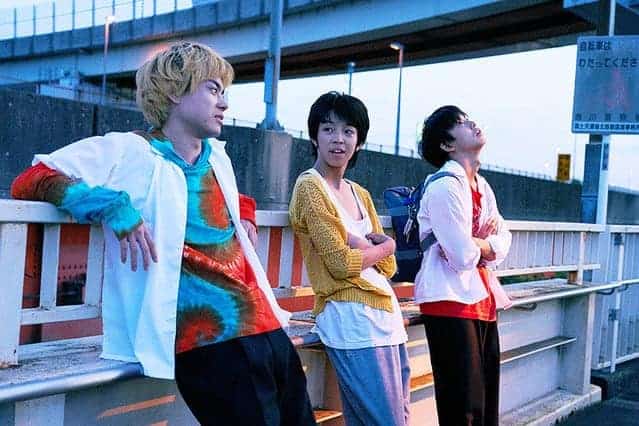
There are indeed moment in “Taro the Fool” that give audience time to digest, like for instance the shamanistic reference to your father's theatre ensemble Dairakudakan.
Telling the truth, I wanted “Taro the Fool” to be shot in a documentary style, thus the hand-held shooting, similar to that in Dardenne brothers' movies. I wanted, however, to get away from their method and go a step further to depict the transcendental. “Taro the Fool” crosses the boarder of life and death and thus harmonizes well with Dairakudan's concept of theatre. Teodoros Angelopulos had also a similar, esoteric touch. The soundtrack was composed by Otomo Yoshihide, the doyen of avant-garde rock, noise and jazz, and I chose his approach, because I knew then the music will not display the feelings of the protagonists.

I think “Taro the Fool “might actually be a good educating material.
Please tell that to everybody! The movie has just launched, so I'm not sure what's going to be its reception, though. I also wish the critics could explain to the audience what they might have missed and thus educate them.
The interview was conducted at the 32nd Tokyo International Film Festival. We would like to thank the Festival crew for the support.



